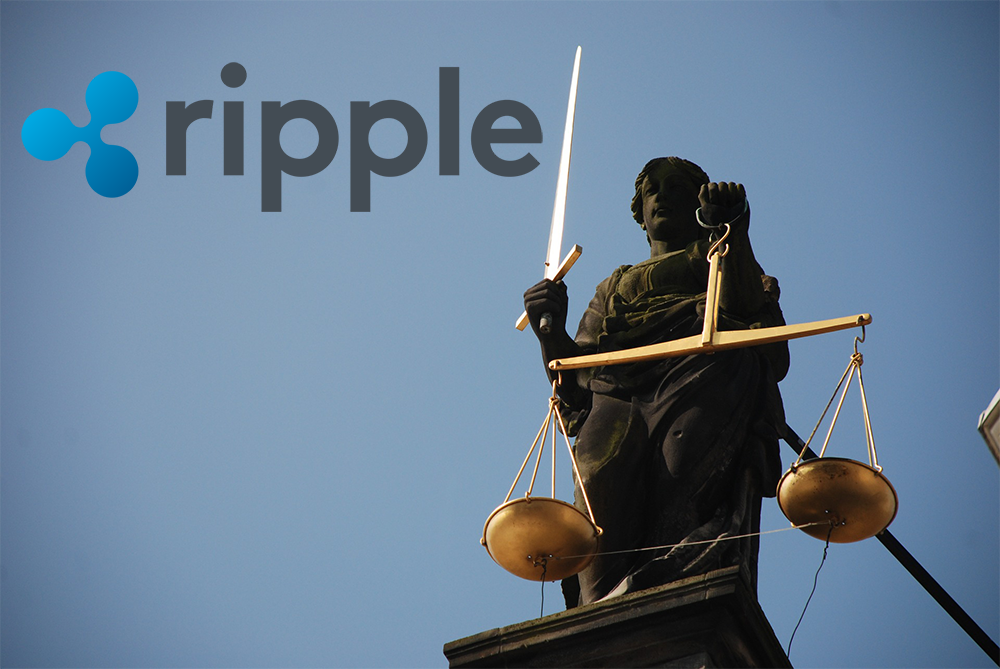The law firm Taylor-Copeland, extremely unsatisfied by Ripple Labs operation, filed a lawsuit against the company. The subject of the claim was the unregistered securities trade, which doesn’t comply with the US law. Of course, the law firm itself has no direct relation to ripple. When filing the lawsuit, it acts in the interests of a group of citizens who rashly bought Ripple at its peak and lost their savings due to correction. The number of those whose rights, according to Taylor-Copeland, were violated, is very large, and therefore their personal participation in the proceedings is impractical.
According to Cointelegraph, the plaintiffs believe that due to Ripple’s aggressive advertising, which was to spread positive news about the ripple and its sky-high prospects, the citizens’ vigilance became dulled. According to the lawsuit, no one could have thought that “to the moon” would not happen.
The plaintiffs claim that Ripple Labs in general, and its CEO Brad Garlinghouse in particular, violated the provisions of the Securities Act and the corpus of California corporate rules. At the same time, their main requirement is to recognize the sale of XRP the distribution of unregistered securities, as well as oblige defendants to stop such a violation. The suit (at least the publicly available material of the claim) does not specify how this “violation” should be terminated.
The sum demanded by the claim, given the capitalization of Ripple, is meager. All because the only material claim of the plaintiffs is compensation of legal costs. However, it is worthwhile to closely monitor the progress of the proceedings, since all this can lead to the emergence of a dangerous precedent. Many adherers of “to the moon” would like to receive at least moral satisfaction from various start-ups, whose crypto currency, like the whole market, has significantly subsided this spring.
At first glance, the situation may seem absurd, but as soon as on May 7 US regulators will discuss the status of Ethereum in the context of its compliance with the requirements of the Law on securities.




